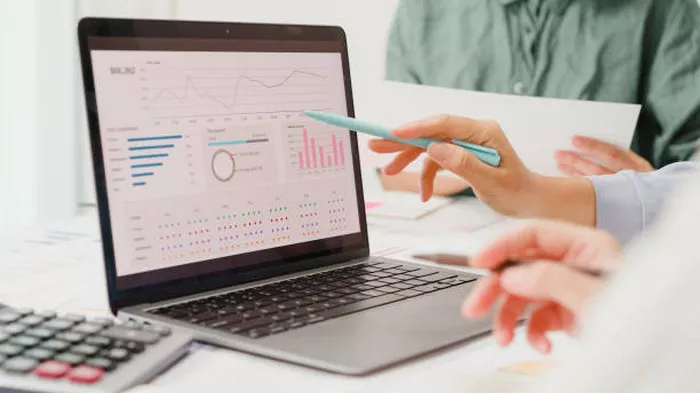The operation of the futures market involves many complex and intricate mechanisms that ensure transparency, liquidity, and efficiency in the market. This article will gradually elucidate the basic operating principles, key participants and their roles, trading processes, as well as risk management aspects of the futures market, providing you with a comprehensive understanding.
Basic Operating Principles of the Futures Market
The futures market is based on trading futures contracts, allowing the buying and selling of a certain quantity of underlying assets at a predetermined price on a specific future date. The existence of standardized contracts enables the futures market to serve as a platform for predicting future prices, thereby providing hedging and speculation opportunities for producers, consumers, and investors.
Futures trading operates around the clock, with market participants able to trade via electronic trading systems at any time. Each futures contract has a specified minimum price fluctuation (known as the “tick size”), which helps maintain market liquidity and prevent price manipulation.
Key Participants and Their Roles
Major participants in the futures market include producers, consumers, financial institutions, futures brokers, individual investors, and institutional investors. Producers lock in future product sale prices by selling futures contracts, while consumers lock in future purchase costs by buying futures contracts. Financial institutions and individual investors use futures for risk management and speculative purposes. Futures brokers act as intermediaries between market participants and futures exchanges, executing trading instructions and maintaining client margin accounts.
Trading Process of Futures
The futures trading process begins with opening a futures account, where investors need to open an account with a selected futures broker and deposit a certain amount of funds as margin. Subsequently, investors can place buy and sell orders through the broker to participate in futures trading. When both buyer and seller agree on a transaction, a futures contract is formed. On the contract’s specified delivery date, delivery must be made according to the contract terms, with the seller delivering the underlying asset to the buyer, and the buyer paying the agreed-upon amount.
Risk Management
Risks in the futures market include price fluctuations, leverage effects, irrational speculation, and market mechanism inadequacies. To control risks, investors need to employ appropriate risk management strategies, such as using stop-loss orders, adjusting position sizes according to market conditions and risk tolerance, and adhering to risk management rules set by exchanges and brokers. Additionally, futures exchanges and clearinghouses provide a range of risk management tools, such as margin systems and daily settlement procedures, to ensure the smooth operation of the market.
Conclusion
The operation of the futures market is a highly complex and specialized process involving the interaction of numerous market participants and a series of carefully designed mechanisms. Understanding the operation mechanism of the futures market can help investors better participate in the market, manage risks effectively, and seize investment opportunities.
FAQs
Q1: How to trade in the futures market?
A1: Investors first need to open an account with a futures broker and deposit margin.
Participate in futures trading by placing buy and sell orders through the broker.
Deliver according to the contract terms on the delivery date.
Q2: How to manage risks in futures trading?
A2:Control potential losses by setting stop-loss orders.
Allocate funds reasonably based on market conditions and risk tolerance.
Adhere to risk management rules set by exchanges and brokers.
Q3: Who are the main participants in the futures market?
A3: Producers and consumers: Lock in future commodity prices through futures contracts.
Financial institutions: Use futures for risk management and speculation.
Futures brokers: Provide trading services for investors and manage margin accounts.
Individual and institutional investors: Participate in futures trading for profit or hedging purposes.


